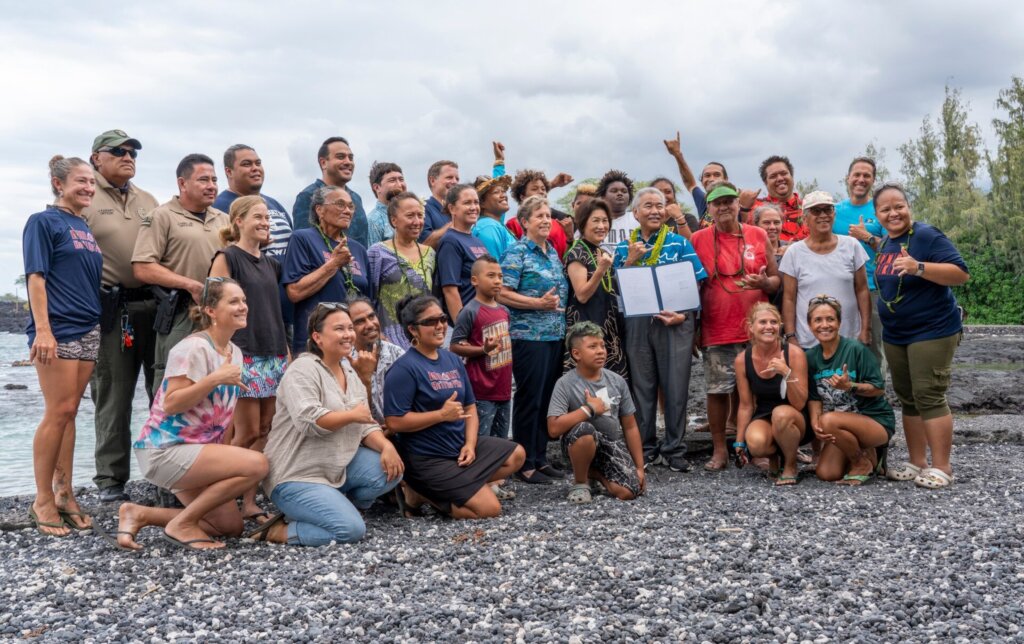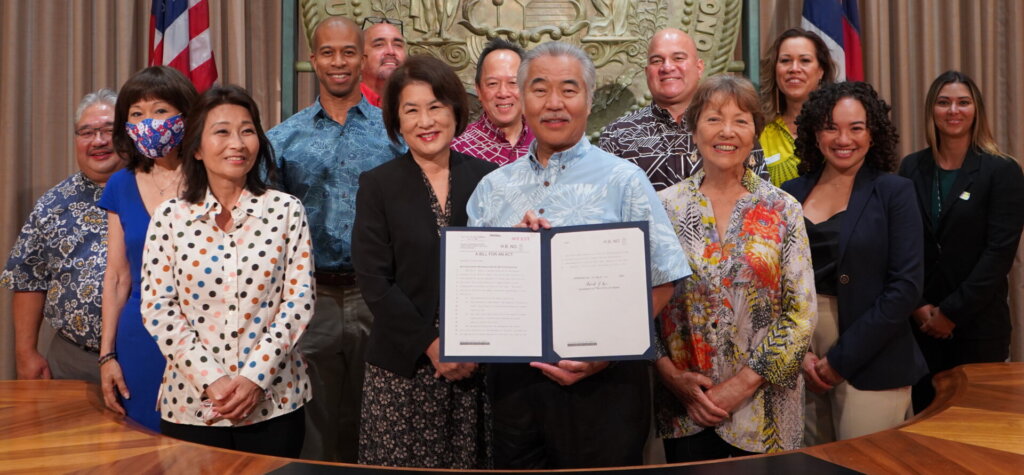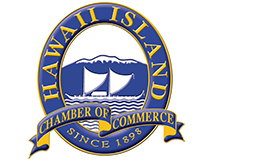This month we’re focusing on advances made in education and other priorities for clean energy and the environment. Education is one of the most important functions of government— especially for those of us from immigrant backgrounds. My grandparents came to Hawai‘i with virtually nothing. My parents grew up on plantations. My father finished only the 8th grade and had limited options. My mom and dad always said education is the ticket to success and sacrificed so their six sons could go to college. That’s why I wanted to support programs like Early College and Hawai‘i Promise, to make it easier for students from all backgrounds to afford higher education and lead them to higher-paying jobs and better careers. We’re making progress around the state and on this island, thanks to community support and involvement.
Miloli‘i: An ‘ocean classroom’ for the next generation
On August 2nd I signed administrative rules that will designate Miloli‘i as a Community-Based Subsistence Fishing Area. I especially want to recognize the Miloli‘i community, the work of Kalanihale, and the Department of Land and Natural Resources for all the years of hard work. These rules will finally codify the intent of Act 232, from 2005. Act 232 (SLH2005) made Miloli‘i the first permanent, legislatively designated Community-Based Subsistence Fishing Area in Hawaiʻi. Community involvement has been critical to bringing us here today. By blending traditional and modern knowledge through a community-led effort, we have set an amazing example of how we can work together to ensure our public trust resources are protected and preserved. Miloli‘i will be an ocean classroom to teach the next generation about traditional fishing practices and the value of conservation.

Education bills move Governor’s Priorities Forward:
I recently signed into law HB 2000 (Act 257) which provides $200 million for the construction and renovation of pre-Kindergarten facilities. A universal, statewide public preschool system would give every child in the state a head start on learning. Chad Keone Farias, the state’s new School Facilities Authority (SFA) executive director, described Act 257, “The most brain growth happens in a child before the age of 5. You can go into a kindergarten classroom and spot the child who has had some pre-K — in their language ability, in fine and gross motor skills.” I also signed SB 2862, which provides $10 million to add more AC to public school classrooms. Since 2016 we’ve been working with the DOE to cool 1,300 classrooms at 88 schools on five islands, with more improvements to come. Early College programs have expanded statewide with support from the legislature. Students at more than 43 public high schools are earning college credits tuition-free and some have even graduated with associate degrees from UH community colleges before finishing high school.

Mahalo for your continued cooperation. Please stay safe and be well!
Best regards,
David Y. Ige
To subscribe to the Capitol Connection, please visit: https://governor.hawaii.gov/subscribe/


Recent Comments